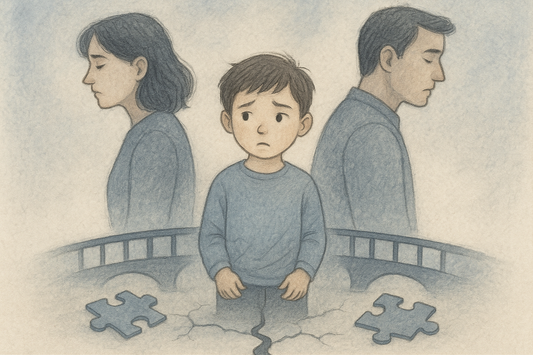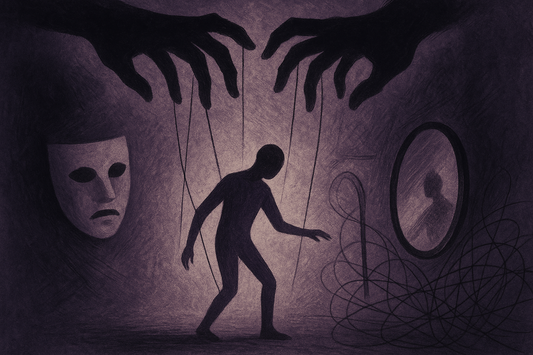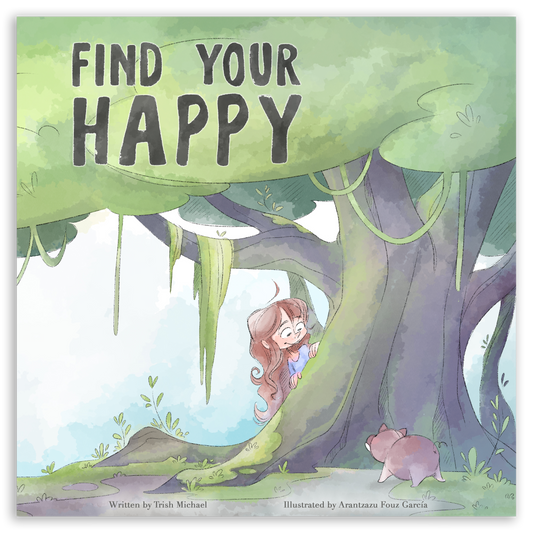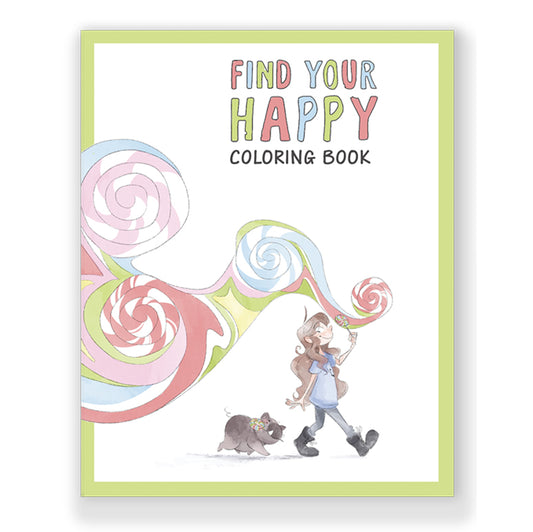Parental alienation is one of the most heartbreaking challenges a parent and child can face. It happens when one parent... often during or after a high-conflict divorce... undermines or damages the relationship a child has with the other parent. Sometimes, this is tied to narcissistic behavior, manipulation, or control.
For children, and teens, the effects can be devastating: confusion, guilt, divided loyalty, and a deep fear of losing love. For parents, it’s equally painful to feel pushed away by their own child.
The good news? Healing is possible. With patience, compassion, and the right tools, you can help your child rebuild trust, feel safe, and know they are loved unconditionally.

What Is Parental Alienation?
Parental alienation occurs when one parent manipulates a child into rejecting or distrusting the other parent. Kids may start believing false narratives, feel guilty for showing love to both parents, or withdraw emotionally.
If you’re coping with parental alienation, it’s important to know: this isn’t your child’s fault... and healing can happen with the right support.
How Narcissistic Abuse Impacts Parental Alienation
When a parent has narcissistic tendencies, parental alienation can intensify. Narcissists often:
- Undermine the other parent’s authority.
- Use guilt, fear, or manipulation to control the child.
- Create a “good parent / bad parent” dynamic.
Children of narcissistic parents may struggle with:
- Self-worth (“Am I good enough?”)
- People-pleasing behaviors
- Fear of rejection or abandonment
- Anxiety and depression
Recognizing these patterns is the first step toward helping kids heal from divorce and narcissistic abuse.
5 Ways to Support Your Child Through Parental Alienation
1. Validate Their Feelings
Children often feel torn between loyalty and love. Let them know it’s okay to feel conflicted. Reassure them that their emotions are valid and safe with you, even if those emotions are anger towards you.
2. Avoid the “Tug-of-War”
Fighting back or criticizing the other parent only deepens stress for kids. Instead, focus on making your home a safe space filled with unconditional love. This can be tricky and can take a lot of restraint because you'll want to defend and it can be maddening to hear how hypocritical and obviously ridiculous some of what the Narc will say, but remaining in a place of calm truth speaks volumes to your kids psyche and soul. Narcs notoriously put the kids in the middle, so it becomes important to balance letting go of the rope while speaking enough truth so that the Narc's false narrative doesn't have space to take hold. Speak truth. Drop the rope.
3. Stay Consistent and Reliable
Show up when you say you will. Keep routines. This stability teaches your child they can trust you, even when the other parent creates confusion. My whole approach during the divorce process was to make sure that everything I did was done in truth and in the best interest of my kids. I always speak the truth, even when it's hard, and my kids know and trust this. I didn't always (rarely ever) win in court. But I won at what was most important, showing my kids that I am a trustworthy and honest person that they can always depend on.
4. Teach Boundaries and Self-Worth
Children dealing with and healing from narcissistic abuse need to understand they are allowed to have their own feelings, needs, and voice. Model respect and empathy in your interactions, but also model healing boundaries. If your Narc is breaking a boundary, it is okay to hold your boundary with strength, even if it looks like something else to outsiders. That means I often look like a bitch to other parents who didn't understand our situation, and to this day I still have to make peace with that. So many people don't understand how truly complicated and exhausting it is to leave a Narcissist. For me, it's more important for my kids to learn to set and hold boundaries, then to care about what people who don't have the scope to understand our scenario think of me.
5. Use Healing Tools Like Stories
Stories help kids process what they can’t always put into words. Reading books about resilience, courage, and emotional safety gives children hope and a way to connect with their inner strength. And reading books that tackle things like people-pleasing, setting and holding boundaries and why that's important, can help kids and parents heal together.
Why Stories Help Kids Heal from Parental Alienation
Kids learn best through stories. When they see characters who face big emotions—fear, sadness, self-doubt—and come out stronger, they realize: “I can do that too.”
That’s why I created my children’s book bundle—a set of uplifting stories that help kids cope with divorce, parental alienation, and the impact of narcissistic parents. These books don’t place blame. They give kids emotional safety, validation, and practical tools for healing from the insidious impacts of Narcissistic Abuse, including parental alienation.

👉 Help rebuild connection with my empowering children’s book bundle.
[Shop the Healing Bundle Today ➝]









